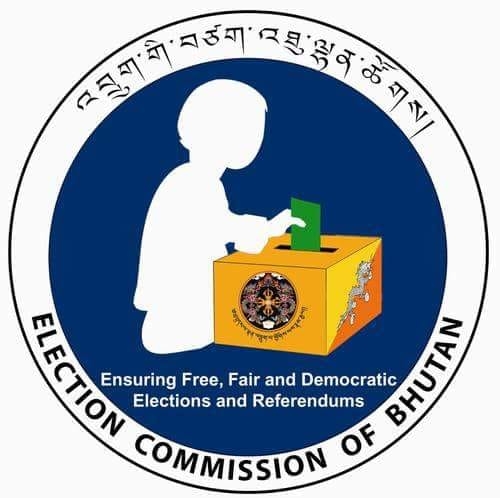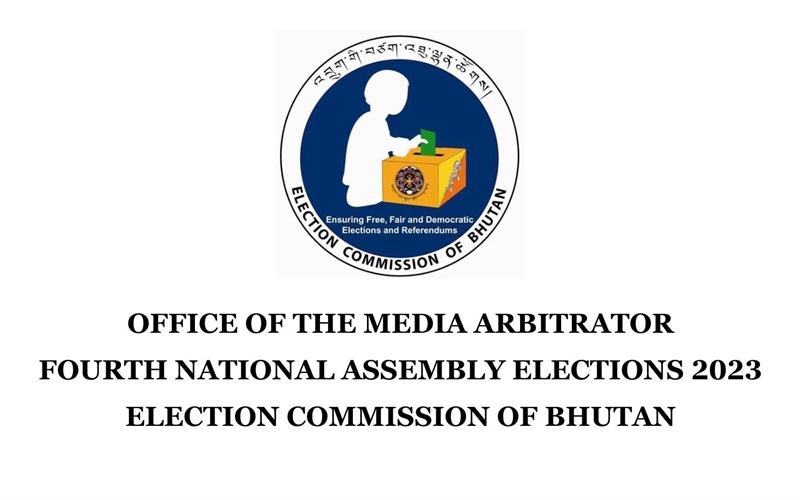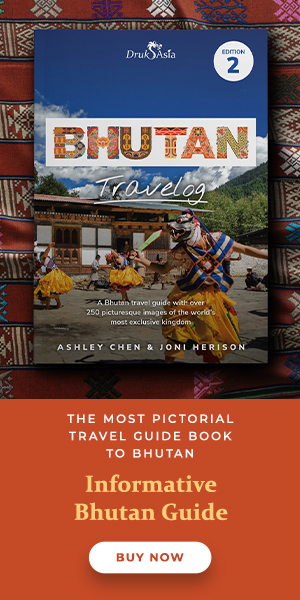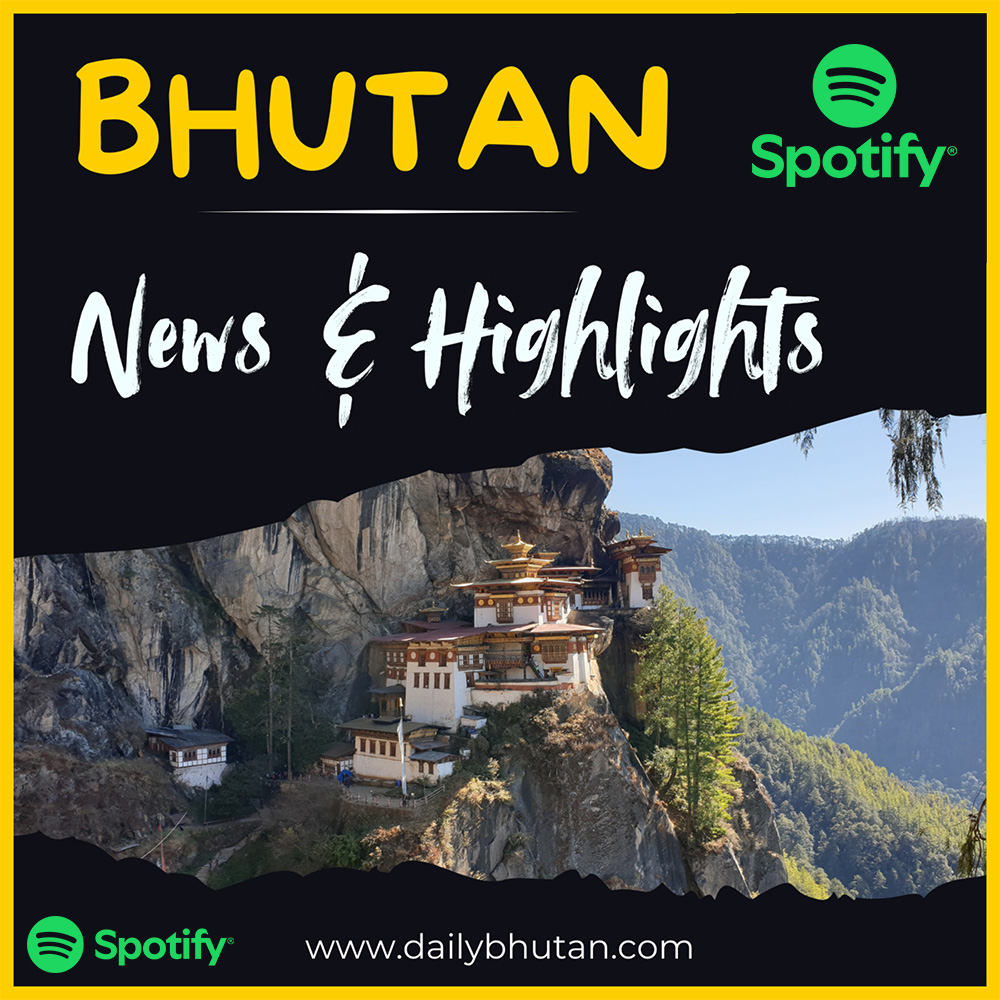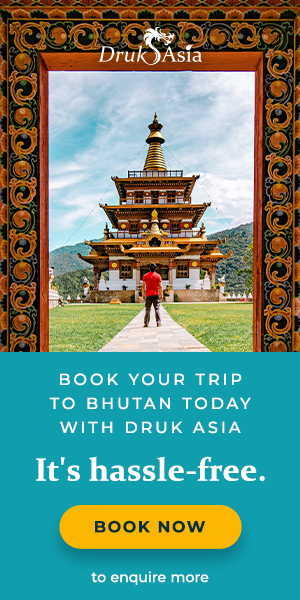The five major parties in this election are the Bhutan Tendrel Party (BTP), Druk Thuendrel Tshogpa (DTT), the People’s Democratic Party (PDP), Druk Phuensum Tshogpa (DPT), and Druk Nyamrup Tshogpa (DNT).

Bhutan Tendrel Party (BTP)
BTP has taken a moment to reflect on its journey as a new political force. Emphasizing responsibility, organization, and reliability, BTP's strategy has involved extensive familiarization meetings, introducing the party leader as a dedicated civil servant.
Their key message, "Mimang Zhapto," underscores their commitment to providing quality public services while removing burdensome rules and regulations. In response to the nation's pulse during familiarization meetings, BTP has shifted its focus to address the concerns of constituents.
The party's outreach spans all social groups, targeting marginalized segments, differently-abled individuals, senior citizens, and women. They aim to equip the youth with globally relevant skills, promote a gig economy, and establish the Bhutan Idea and Innovation Bank.
Increased voter awareness and perception have contributed to a positive response for BTP. Regardless of the election outcome, the party takes pride in setting high standards for political parties, emphasizing responsiveness, organization, practicality, and professionalism.
The Bhutan Tendrel Party (BTP) has reported that their election campaign is in full swing and progressing well.
The party's spokesperson shared that their slogan, "Your Voice, Your Hope," and their manifesto, themed "For a Prosperous Bhutan," have strongly resonated with the people. The manifesto reflects the aspirations of the people and provides a strategic direction for the nation's economy.
Furthermore, the party's manifesto is based on specific, measurable, achievable, realistic, and time-bound goals. The party's focus is on empowering the people and ensuring good governance by addressing structural barriers and eliminating unnecessary rules and regulations.
BTP has covered various regions such as Thimphu, Trashigang, Mongar, Samdrupjongkhar, and Pemagatshel. Despite a tight schedule and limited time, the party is determined to campaign in all dzongkhags.
Druk Thuendrel Tshogpa (DTT)
Druk Thuendrel Tshogpa (DTT) acknowledges the challenges of campaigning during the harvest season and local festivals, which have posed hurdles to mobilizing people. Nevertheless, the party has employed conventional methods through coordinators and supporters, along with leveraging various social media platforms, including the Thuendrel App.
The party has reported successful gatherings, with substantial turnouts in places like Pemagatshel and Samdrupjongkhar. Public responses have been positive, with Sunomics pledges gaining traction during public debates. DTT's proposition to transform Lhengye Dhensa into Zhabto Dhensa has resonated with the people, offering hope for streamlined services under one roof.
DTT has demonstrated adaptability by tailoring messages for different demographic interests on various social media platforms. The Thuendrel App, with over 1,500 registrations and 500 queries, comments, and feedback, serves as an indicator of the people's keen engagement with the party.
DTT has shared that they are currently campaigning in Tsirang, where close to 350 people have gathered for a meeting, showing appreciation for DTT's plans and pledges. So far, the party has covered Trashigang, Mongar, Lhuentse, Pemagatshel, Samdrupjongkhar, and Sarpang.
People's Democratic Party (PDP)
The General Secretary of the People's Democratic Party (PDP), Kuenga Tashi, has reported positive feedback from the ground, echoing a sense of optimism.
PDP has highlighted the progressive nature of their activities in each dzongkhag.
In certain areas, the party has witnessed enthusiastic participation and active involvement from voters, which is seen as an encouraging sign.
Candidates have employed diverse strategies to connect with the electorate, showcasing strong public support. They have been working tirelessly to engage with voters, present their platforms, and actively participate in debates to address the concerns and aspirations of the people.
Public views about PDP and its candidates are diverse and multifaceted. While some individuals have expressed enthusiasm for specific candidates, others have shown appreciation for the party's vision and pledges. This indicates the varied perspectives and interests among the electorate.
PDP's campaign efforts have covered over 20 dzongkhags, with several meetings held in significant constituencies. This extensive outreach demonstrates the party's commitment to reaching as many voters as possible and listening to their voices.
As the election campaign progresses, PDP remains focused on connecting with the people and presenting their vision for the future of Bhutan. The party continues to engage in discussions and activities that resonate with the electorate, aiming to secure their support in the upcoming elections.
Druk Phuensum Tshogpa (DPT)
Sonam Tashi, the General Secretary of Druk Phuensum Tshogpa, has conveyed assurance by stating, "We have executed our responsibilities effectively, and the overall process is proceeding without complications. Currently, the party has covered ten dzongkhags, with plans to extend its reach to additional regions gradually."
DPT has expressed optimism about their campaign.
The party is hopeful about the response from the people and is actively engaging with the electorate. DPT is committed to addressing the concerns and aspirations of the people.
Druk Nyamrup Tshogpa (DNT)
Meanwhile, Druk Nyamrup Tshogpa (DNT) has also reported positive progress in their campaign.
The DNT President has already covered Samtse, Sarpang, and Tsirang and is currently campaigning in Dagana.
DNT's focus is to inform the people about the party's strengths and the initiatives undertaken in the past five years. Despite the challenges posed by the pandemic, the party has informed the people of the significant progress it has made and pledged to continue their transformative reforms for the betterment of the country.
As Bhutan eagerly awaits the outcome of the elections, these updates from the political landscape showcase the diverse strategies and approaches employed by parties vying for the people's mandate. With each party crafting its narrative and addressing the unique challenges of different dzongkhags, the electorate finds itself at the center of a dynamic and engaging democratic process.
